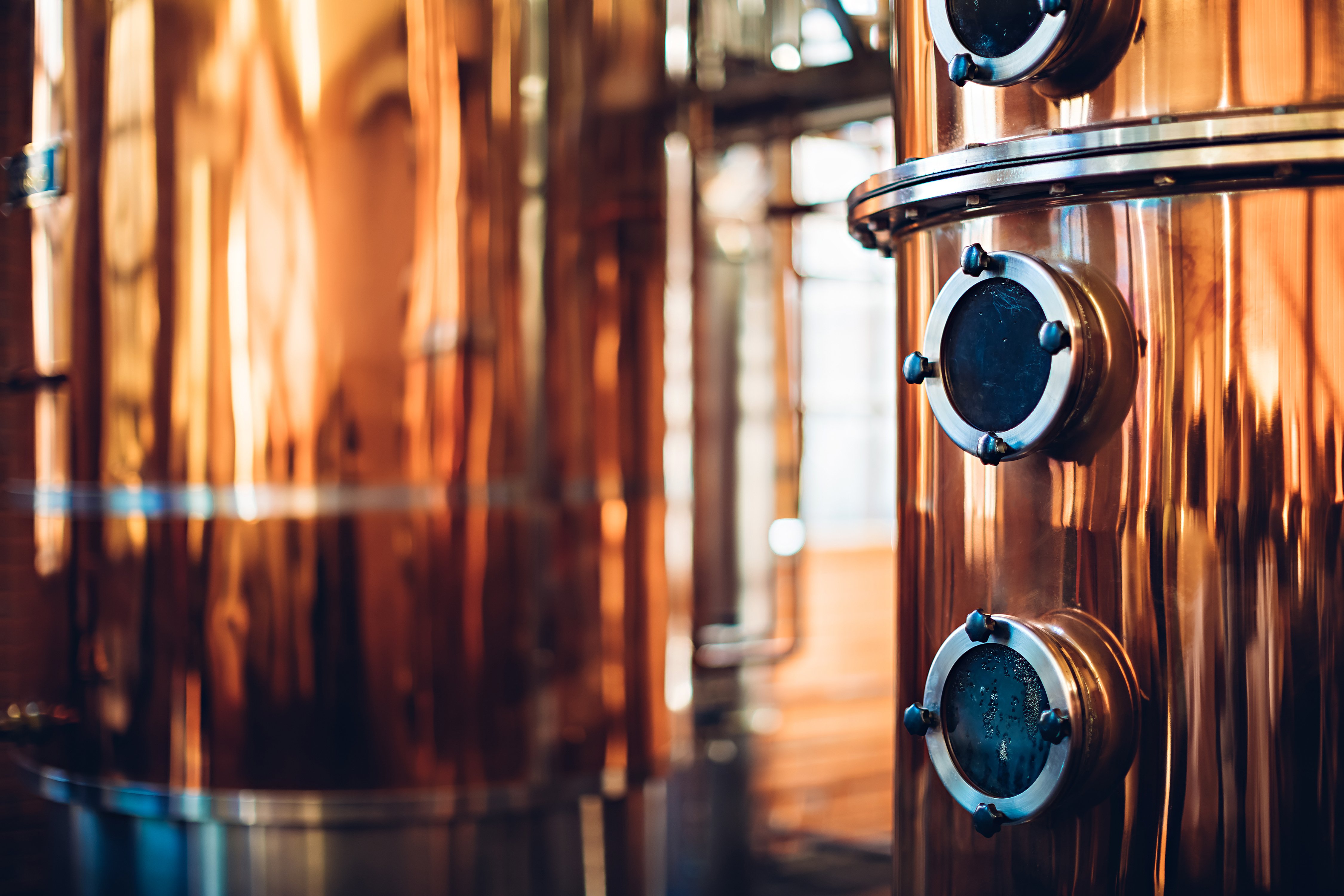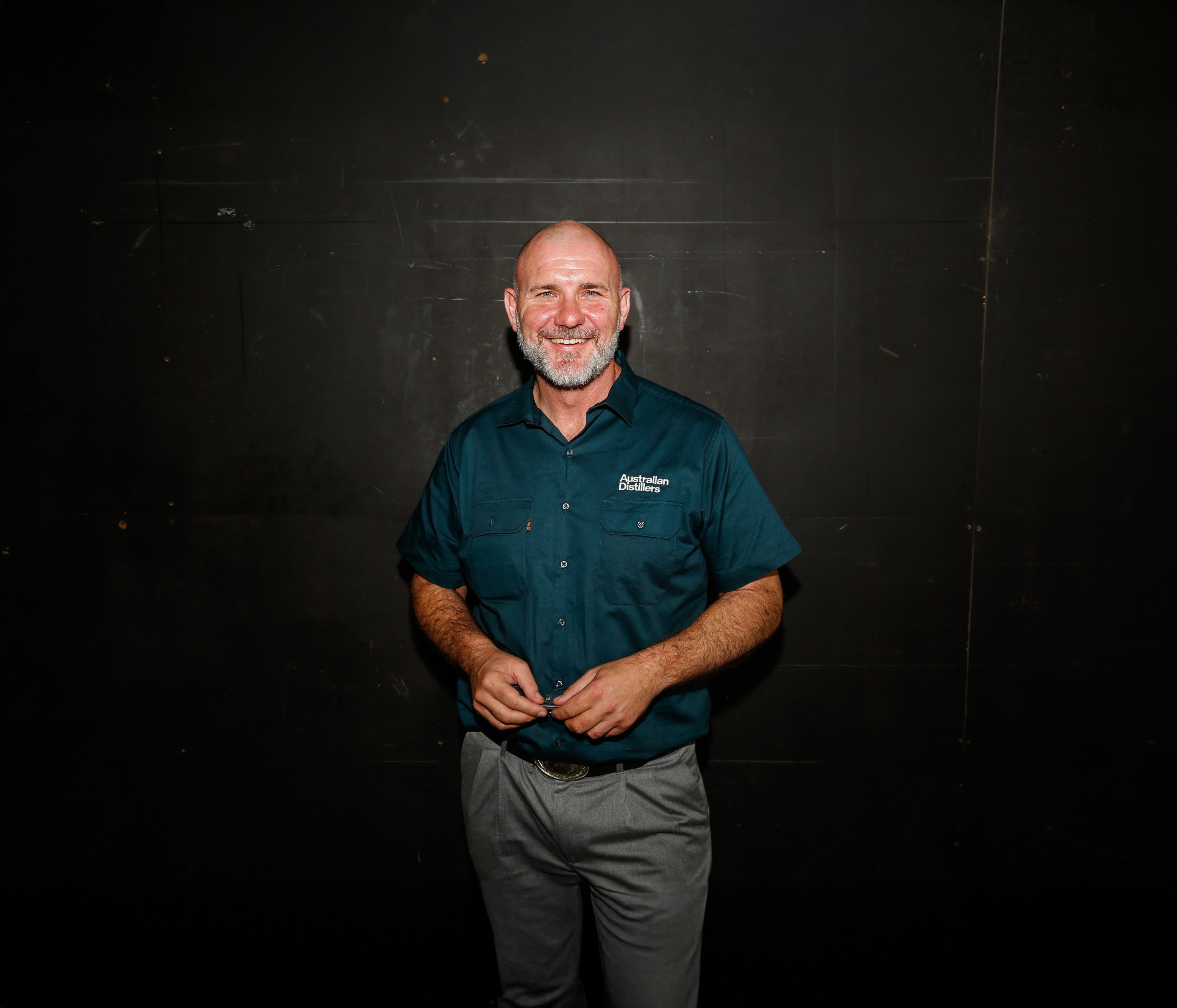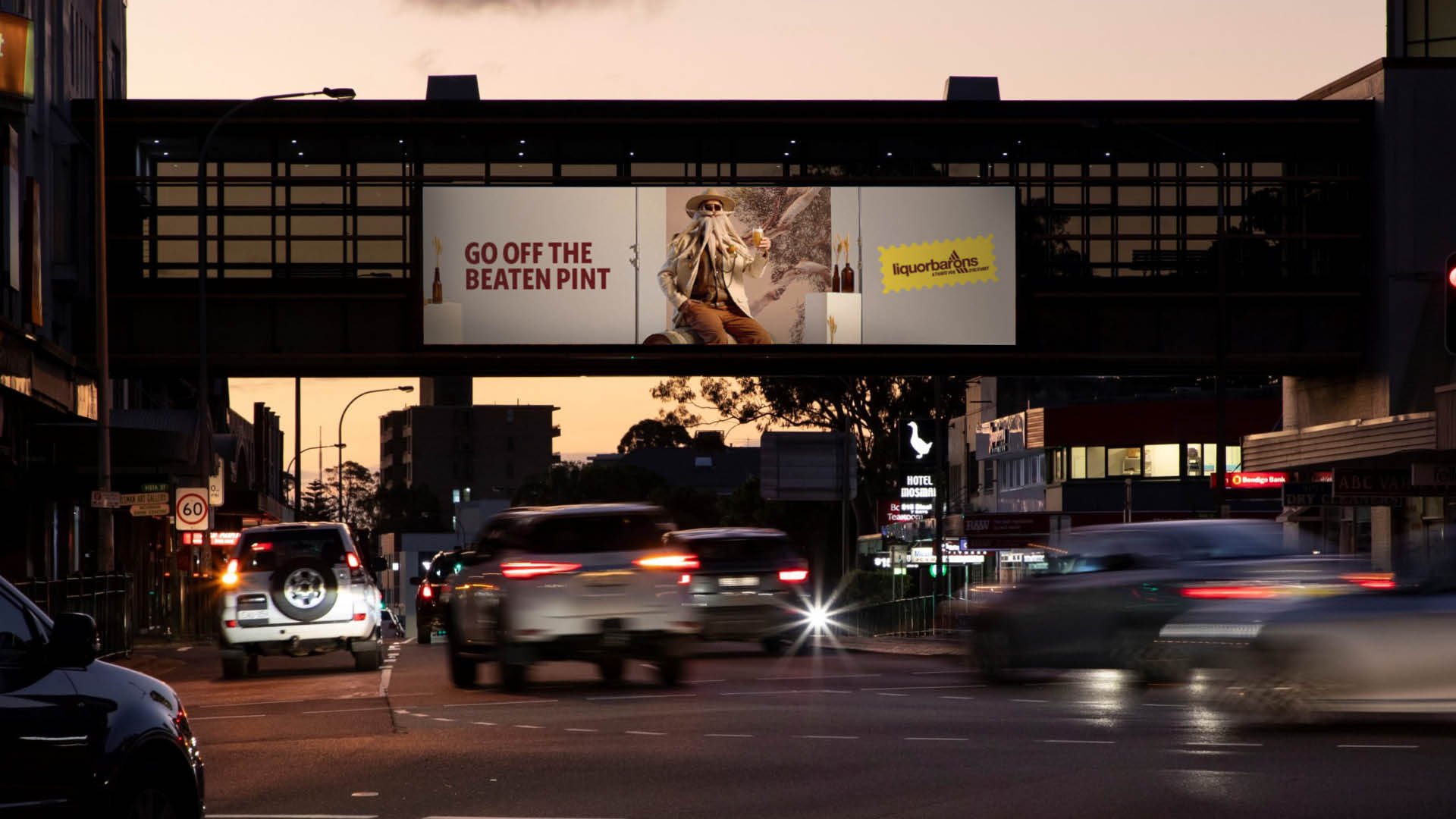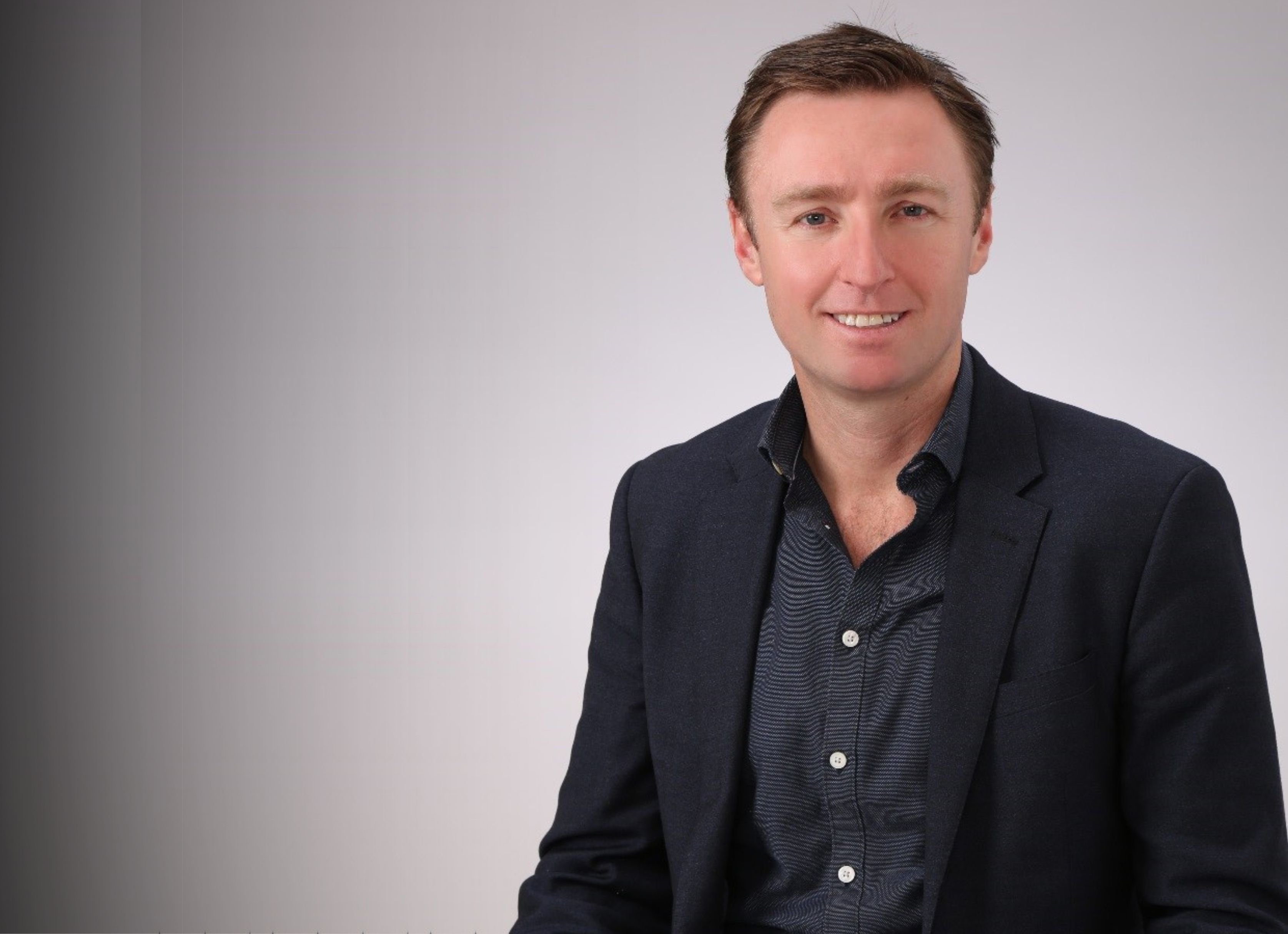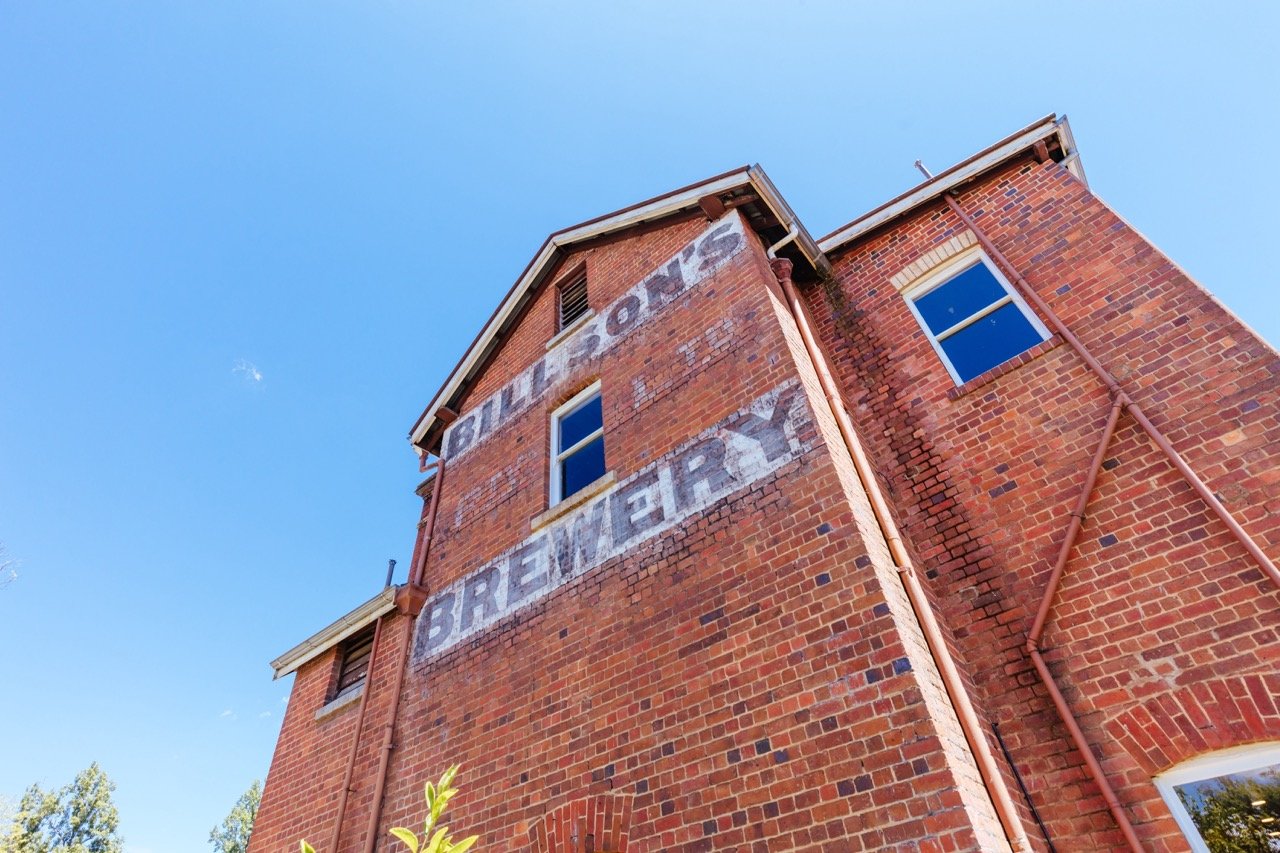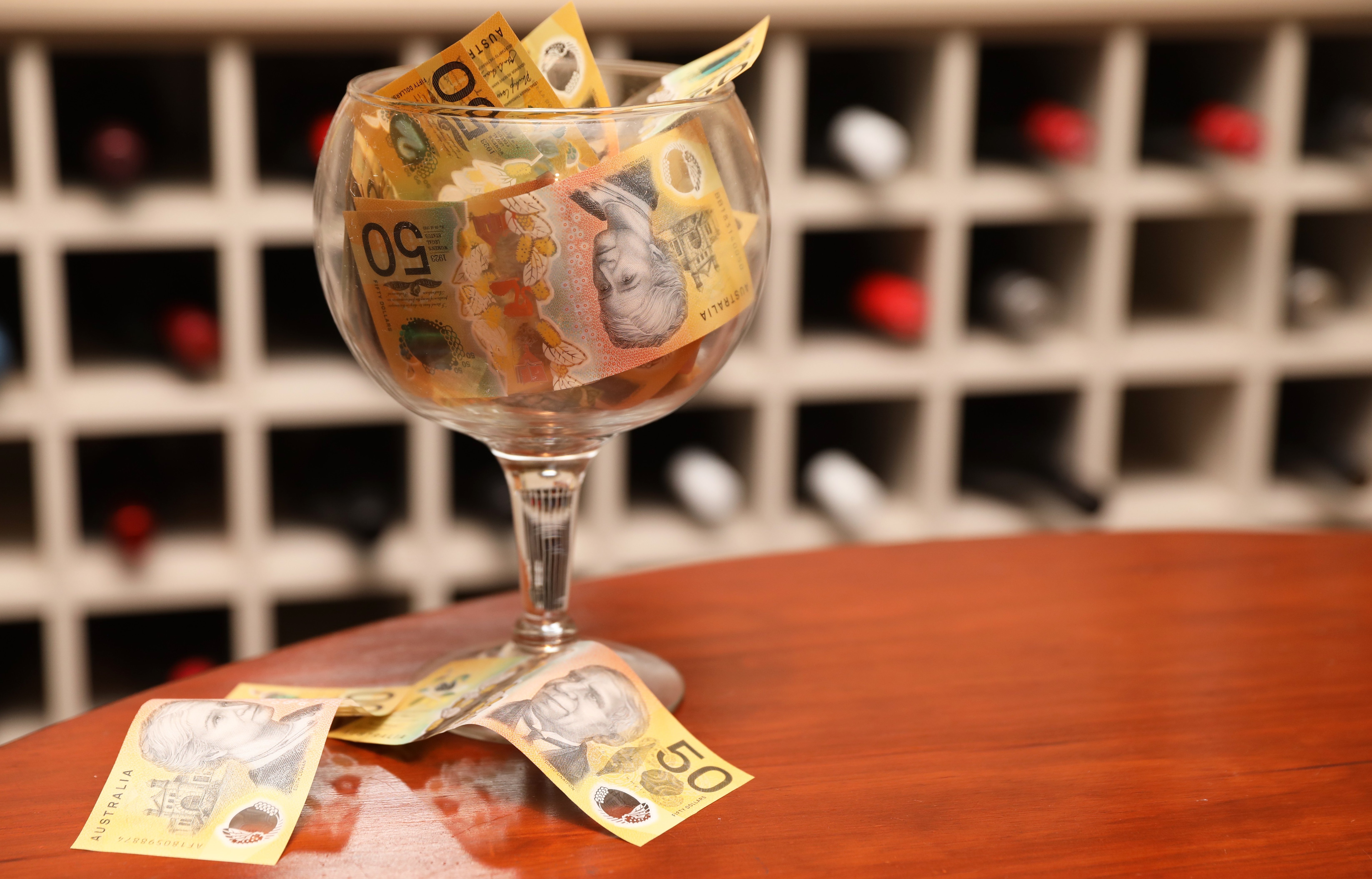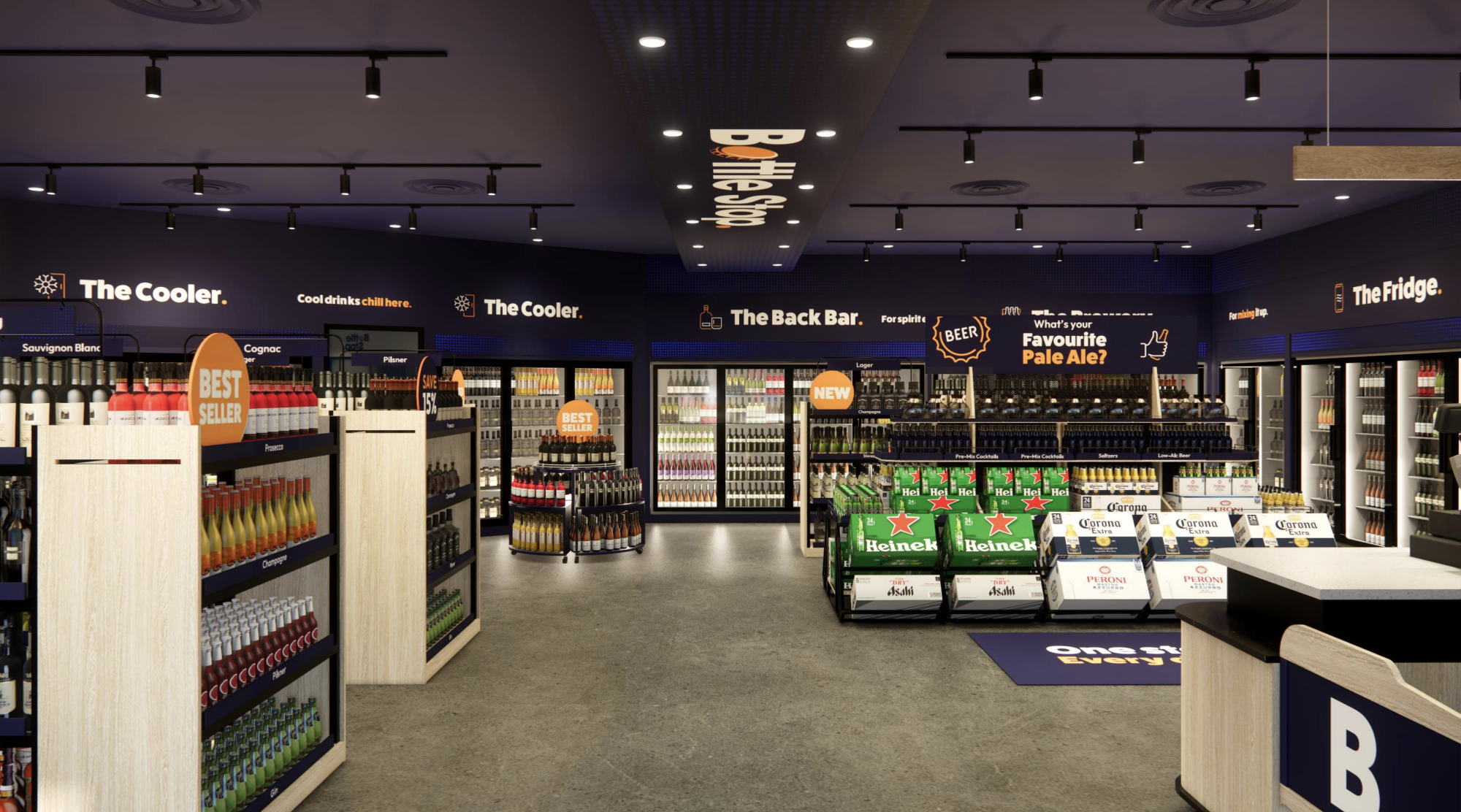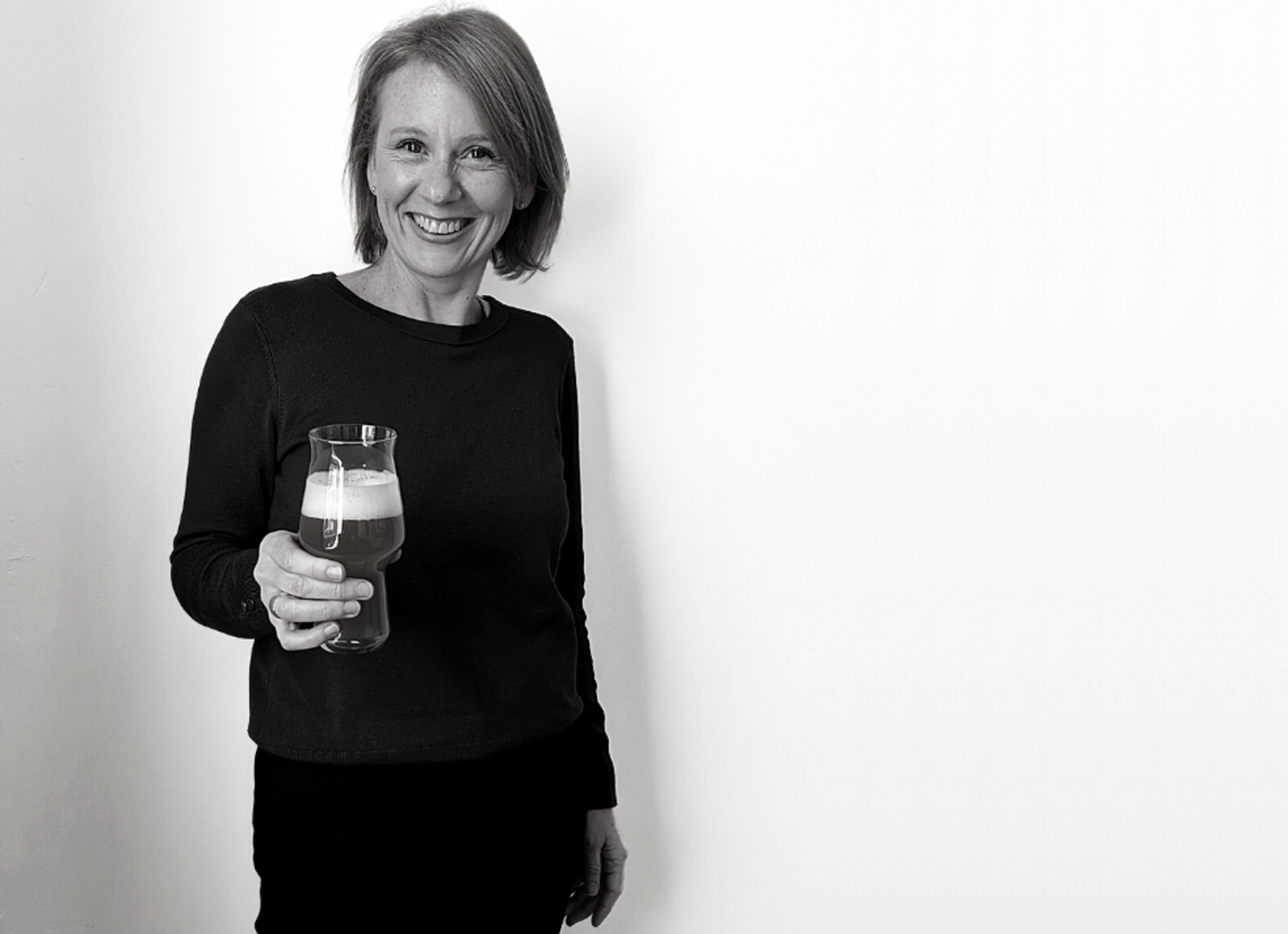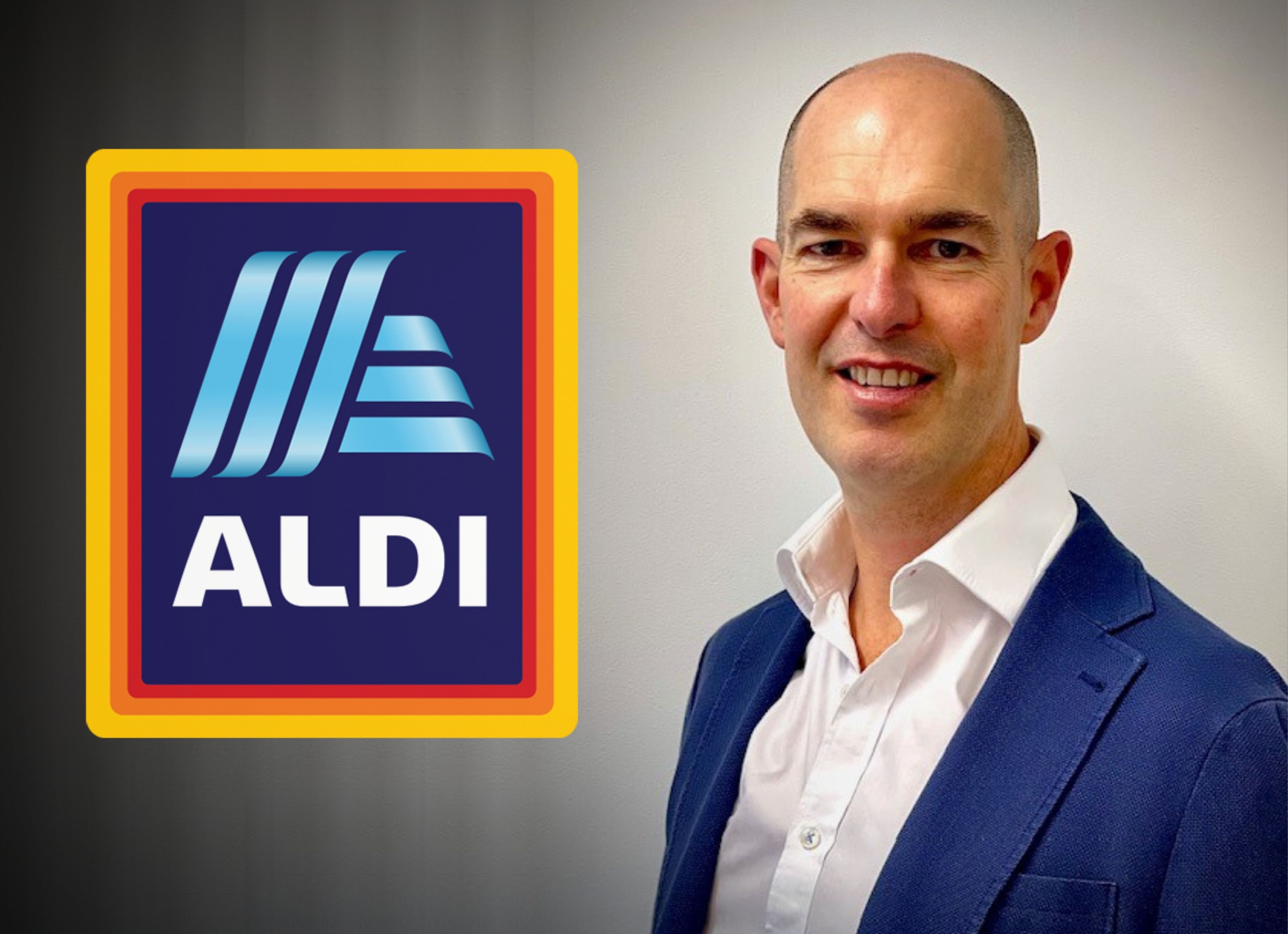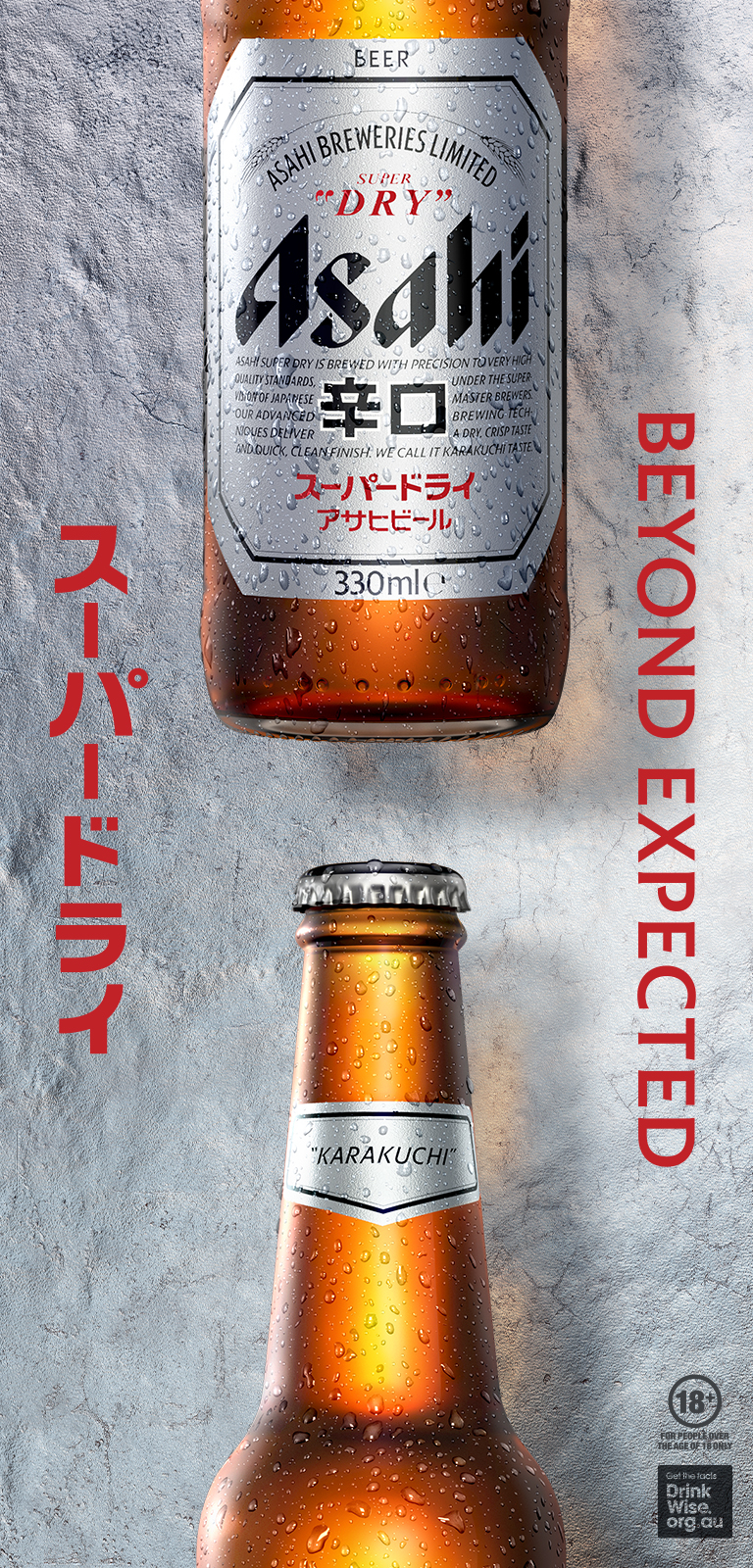Already this year, economic stresses being faced by Australia’s spirits producing sector have manifested vocal criticism of current trading conditions. This has included an address made to the House of Representatives, a report demonstrating the link between Australia’s spirits excise tax and inflation, and economic modelling showing how taxation is thwarting a potentially $1 billion spirits sector.
Given the current economic challenges being faced by Australia’s spirits industry, Drinks Trade felt it would be pertinent to ask new spirits producers about their experience of emerging into the market in 2024. For this article, Drinks Trade chats with Thirsty Group’s Managing Director Jake Gautreaux, Pluto’s Managing Director Graham Holmberg, and Jance’s Account Manager Joshua Sacca.
Drinks Trade: How difficult is it as an emerging spirits producer in the current climate?
Graham Holmberg: It's harder now than it was a couple of years ago, but this has to be one of the best times to start a spirits game in Australia in almost forever.
The excise concession that's received (which should be indexed but it's not): that excise concession is life and death for any starting new spirits company. So without the excise concession, there is no Australian spirits industry. That gives a little bit of breathing room to the junior producers to make some margin/to make some cash flow in Australia and allow them to either expand nationally or to export.
Without the concession, there is no Australian spirits industry at all in the junior size/in the startups. If that's removed, you can see the end of any new startups.
Joshua Sacca: Everyone [is] feeling a bit of a decline and recession, but I think just being a new kid on the block kind of gives you the perks of not necessarily having to deal with large customer bases. So if I had a thousand people to worry about, that would be a thousand problems, I'd have a thousand accounts running. Normally that's the best thing ever, but if everyone's not feeling great, that's now a thousand problems that you're going to deal with. So my problems are quite small because we're still young and still growing. Not that clients or customers are problems, but if you're sliding backwards, you're sliding backwards. It's as simple as that.
DT: How important is the $350,000 annual excise concession for new spirits producers in Australia?
Jake Gautreaux : I mean, it really is good for small distilleries. If you're a small distillery doing craft (like really craft) small batch whiskies and gins and stuff, that's fantastic, that allows you to be able to do that. In the case of us, we do that in a few weeks, so it really doesn't help at all.
I don't know what the solution is, so it's easy for me to critique it but we can't really answer it either, but there should be, [like] in other countries, maybe a lower tax rate for the first let's say 100,000 litres or something like that for local producers.
When they introduced the 350k a couple of years back or whatever, we just hired two people straight away with it. I think that's been spec'd out by an economist and presented from the ADA to some MPs, and so it's a net positive to the Australian economy by investing further in the spirits industry.
After two or three weeks, [after] we hit that $350 [thousand], we then all of a sudden instantly have the exact same rules and exact same tax rate as Smirnoff, and with no additional support. That's really tough.
Joshua Sacca: It's a hard question. I mean, you can either kind of take advantage of it and then stop, or you can kind of play to be in it for the long haul. It's not that you can't do both or either in different retrospects, but yeah, there's certainly a way that you could set up a distillery specifically for that benefit, and that's the only reason you run a distillery. The problem with that is the market then gets flooded with things that people don't actually really care about making, they're just going for that, and so you then also really can't compete price point-wise with people that are doing that. For example, if you're making something claiming that benefit, you can halve your product price, which is normally impossible for anyone, even bigger players. And so this market just gets saturated by heaps of little distilleries just producing stuff and just moving as quickly as they can by slashing price. And so then the consumer, the venue, the bottle shop, everyone gets something that's not really dealt with love and care as much as it should have been, maybe.
There's nothing wrong or illegal or bad about it, but I would generally say it's not the most popular route to do things, just because everyone else is trying to not do that. Everyone else is, for the most part, trying to be in it for the long haul. And whether you claim that benefit or not, what really starts to show is that you're interested in the 10-year plan.
DT: How important is driving brand recognition through the on-premise?
Joshua Sacca: Depends what you're trying to do/depends what your product is. [For example], if you're trying to sell a $150 bottle of whisky, your on-premise is never going to move… If you have something that's more accessible for a venue to applicably use (which is getting harder and harder to do) you can either do that one of two ways: Either a cheaper product - you win by price point - or demand - the people want it, the people get it, and they're willing to pay a little bit more for it.
DT: How important is establishing a domestic presence prior to focusing on the export market?
Jake Gautreaux: I think the one thing that's common across the world is that you have to have the foundations in Australia. They all do the same thing, they Google what your distribution's looking like in Australia. You can't be an export-only brand. You have to sort of focus on your backyard before you can get much traction overseas.
DT: What are the main challenges as a new spirits producer in Aus?
Graham Holmberg: The Australian landscape is challenging. In the spirits world, there is a lot of pre-made alcohol, a lot of industrial spirit is used, and it can be hard to stand out when you're doing it yourself. So we make everything from scratch. We ferment everything, we distil everything, we bottle everything; that's actually unbelievably unusual in Australia.
[Also], the Australian market is saturated. We are seeing, to some degree, the flight to quality may be paused. Over the many years, the story has been [that] people have been moving up the value chain for a long time. Certainly the beer industry is seeing that now reverse, and I think the wine industry to some degree as well, so we are hoping to reach out to a more broad market that understands organics, understands a higher quality product, and are after something that maybe trades at a premium. We're hoping to find importers/distributors into Southeast Asia, so Vietnam, Korea, Thailand, Philippines, Taiwan, that's where we're looking at, and of course Hong Kong, Singapore as trade hubs.
I've [also] got a team working in Australia to try and push us into the nationals there… sort of pursuing both avenues at the same time.
Jake Gautreaux: We've found that, although our price might be great and the product might be great, a lot of buyers, they question the brand just because it's not big enough on a world scale yet. They would rather still go Grey Goose, just because everyone knows it, so that's a challenge.
[Also, in Australia], it's an oligopoly out there in the retail space. We've been asked by Coles and Woolies to lock in pricing for 12 to 24 months depending on the new product lines and everything and we can't do that because the ATO doesn't lock in pricing with us, so we have absolutely no idea what it's going to be in two months from now, we won't know until the day before. And when you're running really small margin and trying to compete at an affordable price point they could just drop, 'oh yeah, the inflation was x amount, so tax rates [have] gone up by $1/$1.50 a bottle and then by the time they get to the consumer, we're priced out, so we start losing money all of a sudden.
We're now having to rethink our entire sales strategy because we can't play in that space anymore and it's because they've made it prohibitive. [It’s] kind of sad to think that it's prohibitive of an Australian company to play against Absolut and Smirnoff and everything, so I'm sure it'll change soon. It has to. I think the head of the ABS just came out recently and said that the spirit tax rate is one of the leading drivers of inflation, and then this morning I woke up and found out that they just announced that the inflation rate in Australia is much higher than expected… If you've got the head of the ABS saying that it's going to be higher with the tax rate increasing, surely they're going to have to wake up and go, okay, cool, maybe we'll make a change.
DT: Thirsty Group has built a full spirits portfolio… How important is that for market leverage?
Jake Gautreaux: Yeah, so firstly, we're an independent spirit producer. We have a full portfolio of our own brands, so we own each and every brand in our portfolio with the exception of Los Sundays which is the one brand that we are an agency/distributor for. The rest we've created.
In the on-prem we now have a full portfolio to where we can actually go and try and get some rail contracts. When we used to be just one vodka brand it was very difficult getting any contracts anywhere because you've got one product and, you know, you can't compete with a full portfolio, whereas we can go now and we have an answer to everything… Hopefully we can continue to grow that into the Australian market and basically be the all-Australian alternative to new Bacardis and new Diageos and everything.
DT: Where do you see Australian spirits heading in the future?
Joshua Sacca: Look, I think we are (climate-wise for everyone) not in the greatest place we could be. And I think we will see the light of day sooner rather than later. So, for everyone, I think things should get easier.
Jake Gautreaux: It's grim. Yeah, it's not looking good. The excise tax and where that's going is really confronting and sort of makes you rethink a lot.
Share the content
